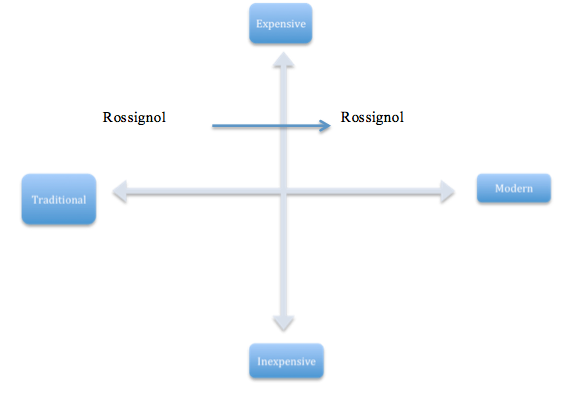In defining Pike Place Fish Market’s success, Conor Macdonald was spot on—“a strong organizational culture is essential [in] creating a successful organization.” The Pike Place Fish Market benefits from utilizing intrinsic motivation with its workers in forms such as high employee satisfaction and low turnover.
As an extension to MacDonald’s blog, the superior organizational culture Pike Place Fish Market possesses not only has a positive effect on its workers and the financial success of the company, but on the consumers’ experience as well. This increases the number of customers that will return– customer loyalty. A firm where there is no involvement between customers and employees contrasts this type of business, as in that firm the organizational behaviour is not communicated to the consumer.
 Mr. Yokoyama, the owner of this fish market, has managed to create a strong organizational culture that impacts his customers almost as much as it impacts his employees.This is a major reason for this fish market’s success. As a consumer, I personally find the organizational culture to be the most appealing aspect of this business. I can buy fish anywhere, but I cannot get the experience Pike Place Fish Market offers just anywhere. As evident through both Conor Macdonald’s blog as well as mine, a strong organizational culture is essential to a successful business, and benefits both the employees and customers.
Mr. Yokoyama, the owner of this fish market, has managed to create a strong organizational culture that impacts his customers almost as much as it impacts his employees.This is a major reason for this fish market’s success. As a consumer, I personally find the organizational culture to be the most appealing aspect of this business. I can buy fish anywhere, but I cannot get the experience Pike Place Fish Market offers just anywhere. As evident through both Conor Macdonald’s blog as well as mine, a strong organizational culture is essential to a successful business, and benefits both the employees and customers.
http://2.bp.blogspot.com/-BKln3A0nJeI/UEU3AnOwtAI/AAAAAAAAAME/lc8_GjTD5tE/s1600/pike-place-market-fish-market.jpg

 Nowak interprets Research in Motion’s new slogan “Blackberry by choice” as having a negative connotation. This is where I believe Nowak to be incorrect. While the author of the blog views the slogan as a message from the company communicating that the only reason consumers use Blackberrys is because it’s a phone issued from his or her business, my analysis shows that it represents the opposite. “Blackberry by choice” illustrates that despite all other phones in the market, consumers choose Blackberry because of it’s point of difference—which at this point may not be clear to buyers. This lack of differentiation between RIM’s products and its competitors’ combined with poor marketing is the reason Blackberry’s decline in sales. Not because of this slogan.
Nowak interprets Research in Motion’s new slogan “Blackberry by choice” as having a negative connotation. This is where I believe Nowak to be incorrect. While the author of the blog views the slogan as a message from the company communicating that the only reason consumers use Blackberrys is because it’s a phone issued from his or her business, my analysis shows that it represents the opposite. “Blackberry by choice” illustrates that despite all other phones in the market, consumers choose Blackberry because of it’s point of difference—which at this point may not be clear to buyers. This lack of differentiation between RIM’s products and its competitors’ combined with poor marketing is the reason Blackberry’s decline in sales. Not because of this slogan.

